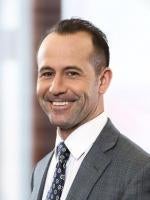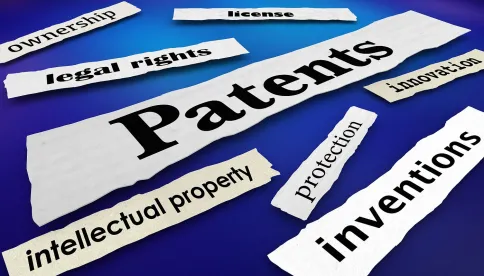Patent owners can recover lost profits when (1) there is a demand for a patented product, (2) an absence of acceptable non-infringing alternatives, (3) the patentee had the manufacturing and marketing capacity to exploit demand for the product, and (4) the patentee can establish the amount of profit it should have made but-for the accused product. Mentor Graphics Corp. v. EVE-USA, Inc., 851 F.3d 1275, 1285 (Fed. Cir. 2017) (reciting the Panduit factors). An implicit threshold requirement of this legal framework is actually being the entity that earns profits on the patented product.
In Edgewell Personal Care Brands, LLC et al. v. Munchkin, Inc., 18-cv-3005 (C.D. CA Jul. 6, 2022), defendant Munchkin, LLC (“Munchkin”) moved for summary judgement that plaintiff Edgewell Personal Care Brands, LLC (“Edgewell”) could not recover lost profits. Dkt. 574, 23. Edgewell’s lost profits theory was based on its sales to EPC, a subsidiary of Edgewell, as well as the profits that EPC lost in sales to retailers as a result of Munchkin’s alleged infringement. Id., 25. The court found this theory unpersuasive, stating that “a patentee may not claim, as its own damages, the lost profits a related company.” Id., 26 (quoting Warsaw Orthopedic, Inc. v. NuVasive, Inc., 778 F.3d 1365, 1375 (Fed. Cir. 2015)).
While in rare instances a parent company may recover the lost profits of its subsidiary under an “inexorable flow” theory, this was not the case here. Inexorable flow is the theory that related plaintiffs may collectively recover lost profit damages upon a showing that profits inevitably flow from one entity to the other. Acknowledging that the Federal Circuit has not foreclosed the possibility of recovering damages under this theory, the Court still rejected Edgwell’s attempt, stating that “the evidence does not show that EPC’s profits ‘inexorably flow’ to Edgewell.” Id., 26. Harkening back to the Panduit factors enumerated above, the court astutely averred that there was also no evidence that “EPC would have purchased from Edgewell instead of Defendant because EPC never purchased any [products] from Defendant.” Id.
Before getting lost in the weeds of the various Panduit factors, it is always important to step back and assess the flow of profits between the entity who owns the patent, and the entity that sells the practicing goods.




 />i
/>i

